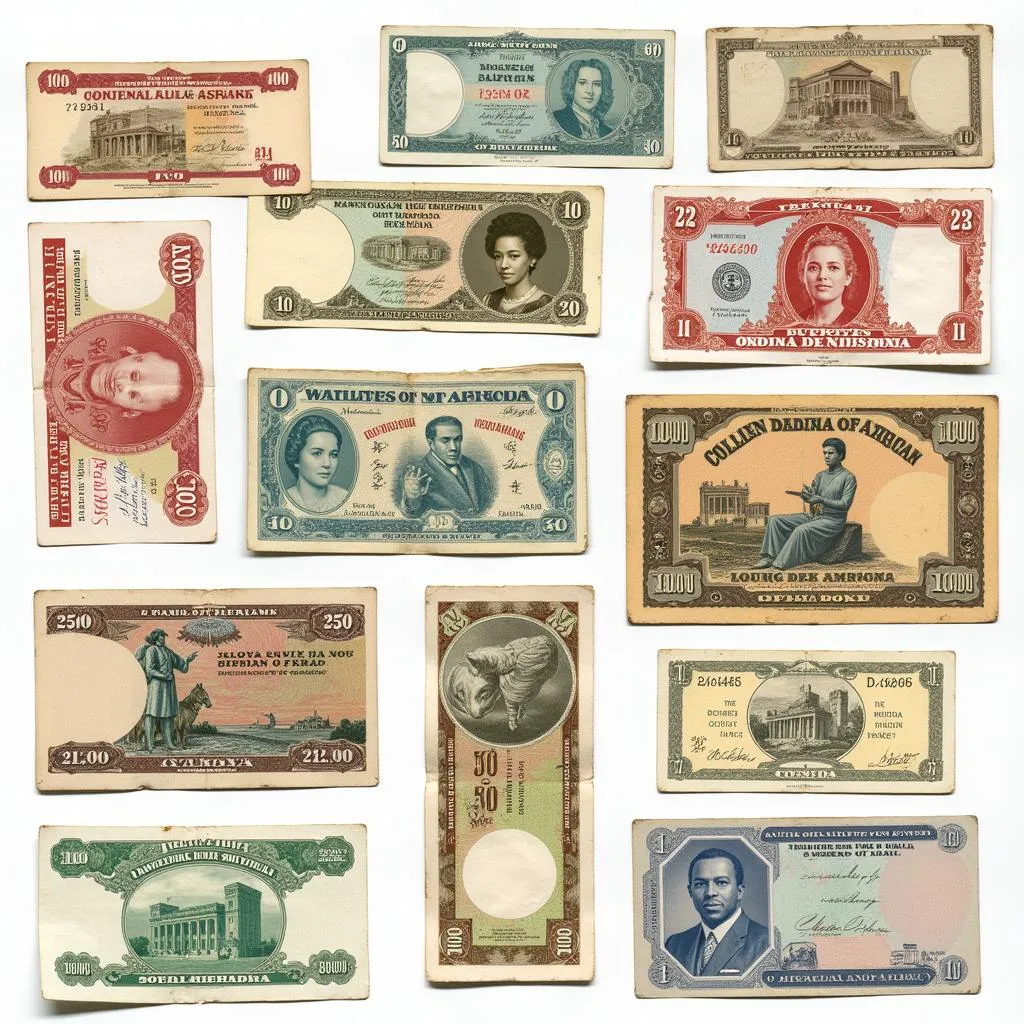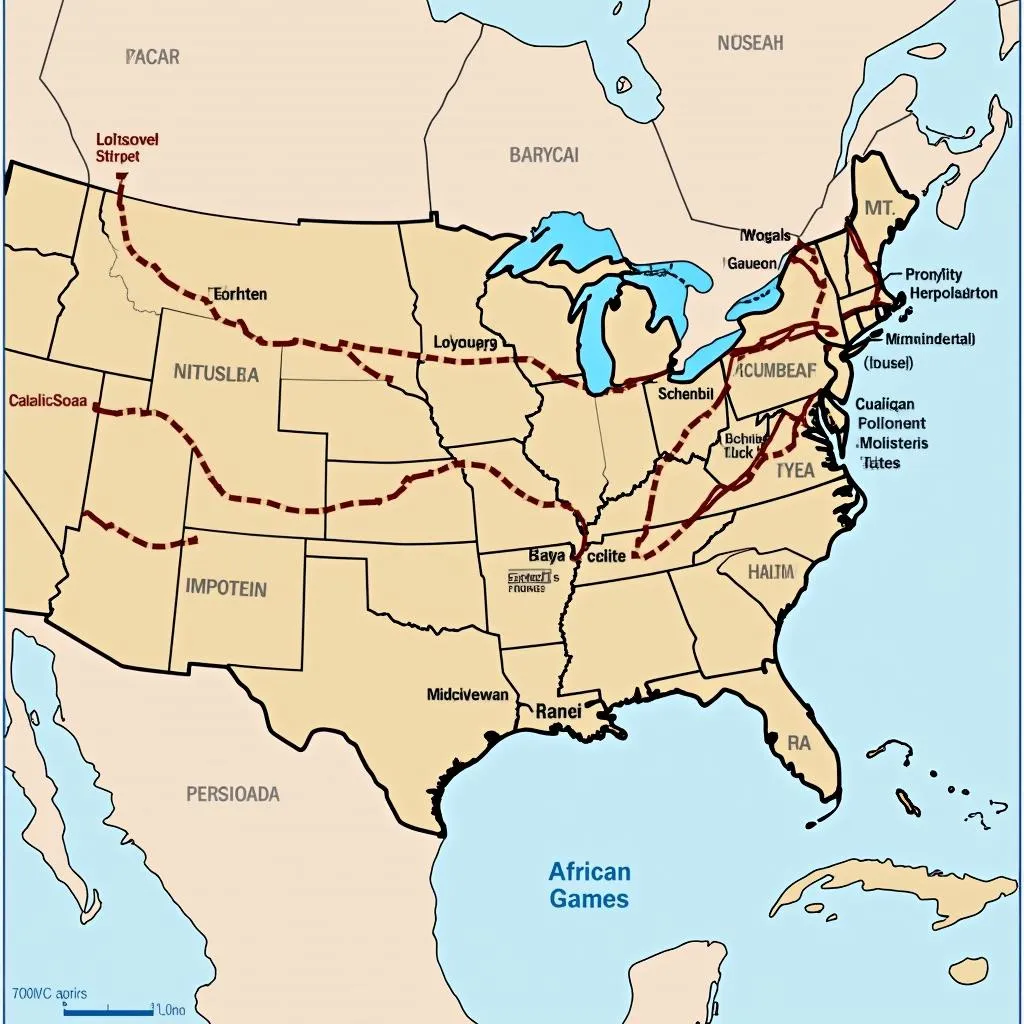10 Facts About African Music
African music is a vibrant tapestry of diverse sounds, rhythms, and traditions, reflecting the continent’s rich cultural heritage. From the pulsating beats of West African drumming to the soulful melodies of East African vocalists, exploring African music offers a captivating journey. Learn 10 fascinating facts that showcase the depth and beauty of this musical landscape. After reading this article, you will want to dance!
The Heartbeat of Africa: Rhythm and Drums
African music places a strong emphasis on rhythm. Polyrhythms, the layering of multiple rhythms simultaneously, are a defining characteristic, creating complex and captivating soundscapes. Drums play a central role, serving as the backbone of many musical traditions. From the djembe of West Africa to the talking drums that mimic the tones of spoken language, drums are more than just instruments; they are storytellers, communicators, and the heartbeat of African culture.
What is the significance of drums in African music? Drums are not just instruments; they are the heartbeat of African music, serving as storytellers, communicators, and the foundation of rhythmic expression.
Beyond Drums: A Melodic Tapestry
While drums are prominent, African music encompasses a vast array of instruments. The kora, a 21-stringed harp-lute, produces mesmerizing melodies in West Africa. The mbira, a thumb piano from Southern Africa, creates delicate and enchanting sounds. Wind instruments like the vuvuzela and various flutes add further layers of sonic texture. The diverse instrumentation reflects the creativity and ingenuity of African musicians. Check out more information about african drum instruments.
Music as Storytelling and Oral Tradition
In many African cultures, music is intrinsically linked to storytelling and oral tradition. Songs are used to transmit history, knowledge, and values from one generation to the next. Griots, traditional West African storytellers and musicians, play a crucial role in preserving and sharing these narratives through their music.
How is African music used in storytelling? African music is a powerful tool for storytelling, transmitting history, knowledge, and cultural values through songs and the performances of griots.
10 Facts About African Music: A Deeper Dive
Here are 10 specific facts about African music that shed light on its unique qualities:
- Call and Response: A common feature, involving a lead vocalist and a chorus exchanging musical phrases.
- Improvisation: Spontaneous musical creation is highly valued, allowing for dynamic and evolving performances.
- Dance and Music: Inseparably intertwined, with music providing the rhythmic foundation for expressive dance forms.
- Social Commentary: Music often addresses social and political issues, serving as a platform for commentary and change.
- Spiritual Significance: Music plays a vital role in religious ceremonies and rituals, connecting individuals to the spiritual realm.
- Influence on Global Music: African music has profoundly impacted musical genres worldwide, from jazz and blues to hip-hop and R&B.
- Regional Variations: Musical styles vary significantly across different regions of Africa, reflecting diverse cultural influences.
- Transmission through Generations: Musical knowledge and skills are often passed down orally within families and communities.
- Contemporary Adaptations: African musicians continue to innovate, blending traditional styles with contemporary influences.
- Growing Global Recognition: African music is gaining increasing international recognition, captivating audiences worldwide.
Conclusion: The Enduring Power of African Music
African music is more than just entertainment; it’s a vibrant expression of culture, history, and spirituality. From its intricate rhythms and diverse instrumentation to its role in storytelling and social commentary, African music offers a rich and captivating experience. Learning these 10 Facts About African Music provides a glimpse into its depth and power, inspiring a deeper appreciation for this remarkable art form. As you explore the world of African music, you’ll uncover a treasure trove of sonic wonders and cultural insights. You may even want to attend an african cultural festival!
FAQ
- What is the most popular genre of African music? There is no single “most popular” genre, as African music encompasses a vast array of styles.
- Where can I listen to authentic African music? Online platforms, cultural centers, and music festivals offer opportunities to explore authentic African music.
- How has African music influenced other genres? African rhythms and musical structures have profoundly influenced genres like jazz, blues, and hip-hop.
- What are some famous African musicians? Fela Kuti, Youssou N’Dour, and Miriam Makeba are among the many renowned African musicians.
- What is the role of music in African society? Music plays a central role in various aspects of African society, including ceremonies, storytelling, and social commentary.
- How does African music reflect the continent’s diversity? The diverse musical styles across Africa reflect the continent’s rich tapestry of cultures and traditions.
- Where can I find information on african fertility mask? This website has a diverse array of topics on African culture.
Common Situations and Questions
Many people wonder how to incorporate African music into their own musical explorations. Learning basic rhythms and exploring different instruments are great starting points. Others seek to understand the cultural context of specific musical traditions. Researching specific regions and ethnic groups can provide valuable insights. Some may be interested in staying at an african hostel cairo egypt during their travels.
Further Exploration
For those seeking deeper knowledge, resources on African music history, ethnomusicology, and specific regional styles are readily available. Exploring the works of renowned African musicians and scholars can provide a richer understanding of this dynamic art form. It is interesting to read about african american poems about perseverance to see the cultural impact in other forms of art.
Need assistance? Contact us at Phone: +255768904061, Email: kaka.mag@gmail.com or visit us at Mbarali DC Mawindi, Kangaga, Tanzania. We have a 24/7 customer service team.


